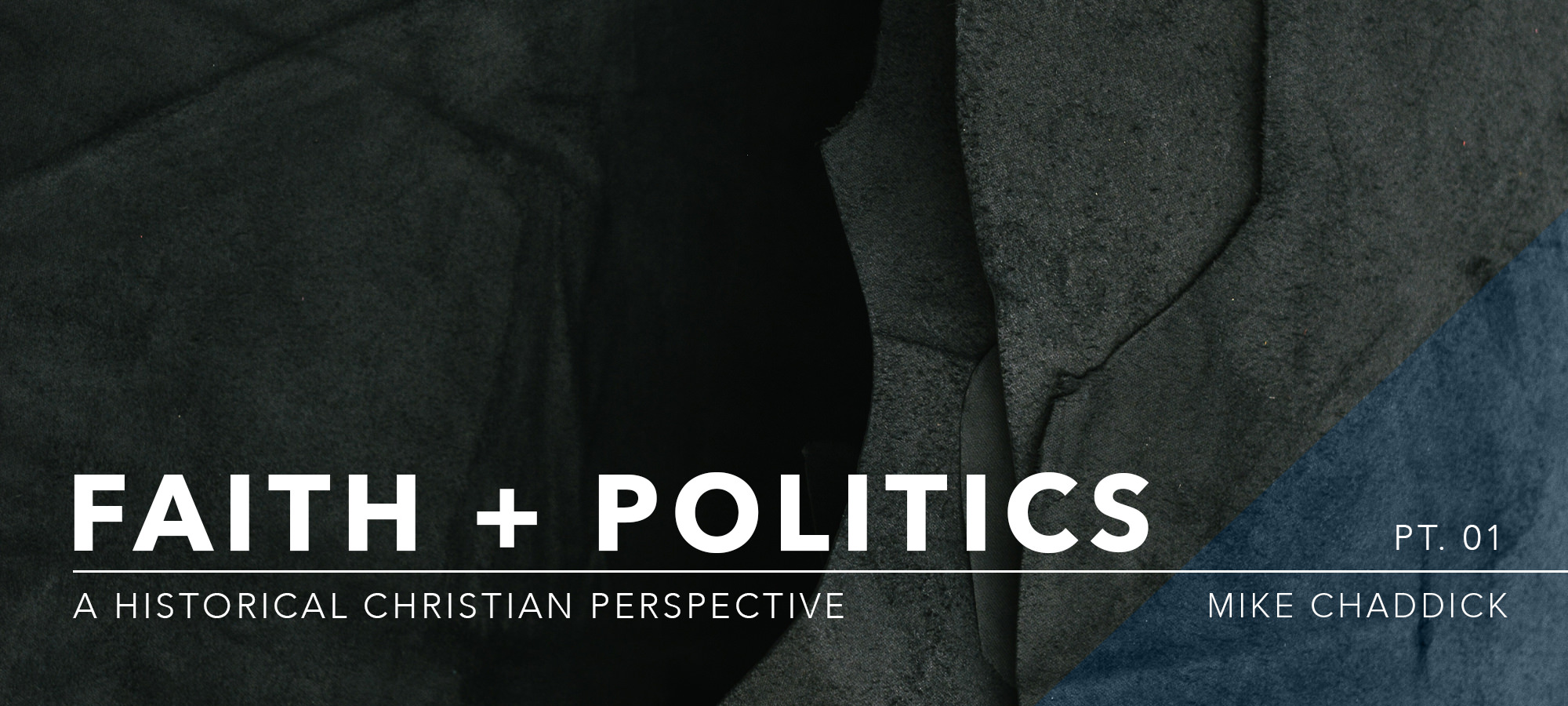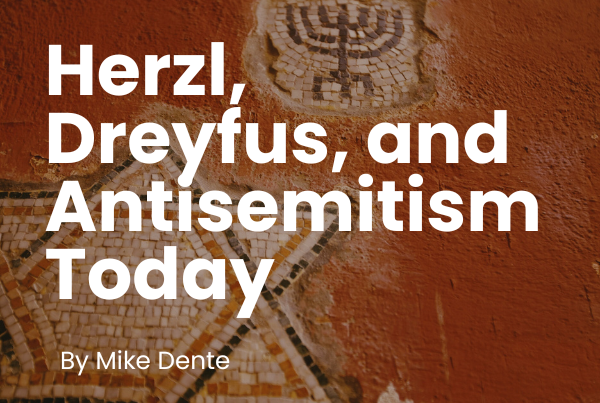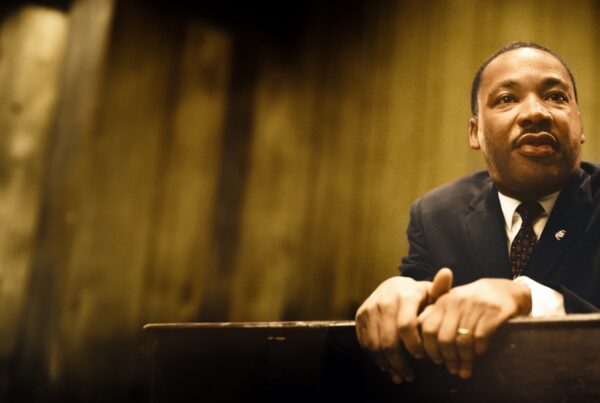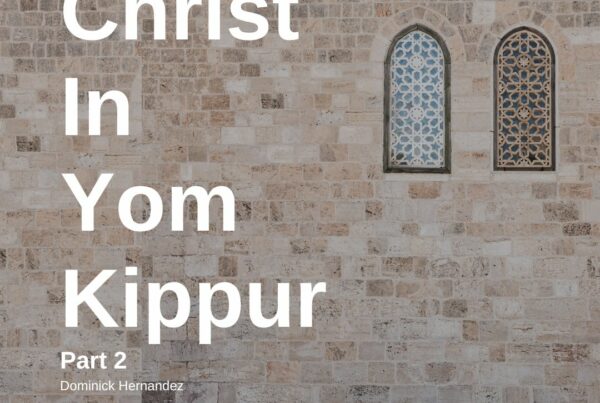
Introduction
This article is based on the positive response that has come out of our men’s group, month-long “faith and politics” series at our church.
Now normally, we don’t talk politics. But one particular night, as the early birds were sitting around sipping coffee and talking about the events of the day, the topic of politics was brought up. It seemed as though a sort of light went on, and it was obvious that even though we don’t discuss it often, it obviously matters, and everyone obviously has an opinion (or two, or three).
At that moment I thought, “Why not take that space and connect their political preferences consciously to a Christian framework?”
To be perfectly transparent, I’ve really gone back-and-forth in my thinking over the years between “We are too political,” and “We are not political enough.” I confess, I still don’t have it worked out just right. But I do believe that it is possible to arrive at an overall conception and disposition that we Christians ought to have toward the American, political landscape. At the very least, I believe there is a scriptural mandate to do so, “… Take every thought captive to obey Christ” (2 Cor. 10:5b).
While I do believe it is possible to have spiritually ambiguous political views, some are quite obviously related to spiritual truths or lies. Thus, I think it is worthwhile to take a step back and understand the political landscape from a Christian worldview.
What hath Faith to do with Politics?
In Christian theology, it is said that faith’s object-subject is God. But, faith’s purpose is to glorify God. To glorify God with one’s life means to diffuse the knowledge of God into every sphere of life on earth. This means that the arts, the humanities, the sciences, the workplace, recreation, neighborhood, country, and world are all arenas in which God’s glory is to be seen; and it is seen uniquely in-and-through the people who have been called-out by Jesus, the Messiah. And since politics has some effect on all of those things, politics matter to faith.
More specifically, faith aims to call sinners to repentance and to make disciples fit for the kingdom of God. So, the tricky part of the question is: How do we call sinners to repentance and make disciples fit for the kingdom of God, amidst the reality of being citizens in a democratic republic? Before we answer that question, it is important to consider how the church has responded to this basic challenge throughout history.
As it turns out, our spiritual ancestors have had quite an up-and-down experience.
The Road Our People Have Traveled: The Earliest Years
For the early Christians, from the time of Christ until the time of Constantine, this matter of faith and politics was quite simple. They had no official, political voice. They had no vote. They had very little rights. They were a minuscule minority in a vast, totalitarian empire.
They were at best tolerated and at worst persecuted, often cut-out from profits in the business world, became social and religious outcasts, sometimes imprisoned, sometimes tortured, and even executed. And so it is important to consider the relationship between faith and politics, as well as the value of politics itself, in a historically Christian worldview. It is important to remember that all of the writings in the New Testament took place in this context, where Christians had no political power or say.
Yet, the Early Christians believed that even the ruthless, corrupt leaders were under the authority of the Judeo-Christian God. For three hundred years, prayer and personal influence (i.e. alternative lifestyle as indirect political protest) were the only say that Christian faith had in politics.
Listen to what the apostle Paul wrote to the young pastor Timothy in 1 Timothy 2:1-7: “Therefore I exhort first of all that supplications, prayers, intercessions, and giving of thanks be made for all men, 2 for kings and all who are in authority, that we may lead a quiet and peaceable life in all godliness and reverence. 3 For this is good and acceptable in the sight of God our Savior, 4 who desires all men to be saved and to come to the knowledge of the truth. 5 For there is one God and one Mediator between God and men, the Man Christ Jesus, 6 who gave Himself a ransom for all, to be testified in due time, 7 for which I was appointed a preacher and an apostle—I am speaking the truth in Christ and not lying—a teacher of the Gentiles in faith and truth.”
Jesus said, “Let your light so shine before men, that they may see your good works and glorify your Father in heaven.” Interestingly, while we may think that their hands were politically tied (How did they survive in a world without a vote?!), that’s not how the apostles’ viewed the situation. Listen to what Paul said to Timothy just before the passage I quoted above on prayer: “This charge I commit to you, son Timothy, according to the prophecies previously made concerning you, that by them you may wage the good warfare, 19a having faith and a good conscience, which some having rejected…” Paul, along with the rest of the authors of the Bible, believed that the source of our present warfare is NOT what you can see on the surface, but the spiritual realities that lie behind them. The political drama, while real, is not the source of true conflict, but rather a medium of it. Hence, prayer deals with political problems at their source.






